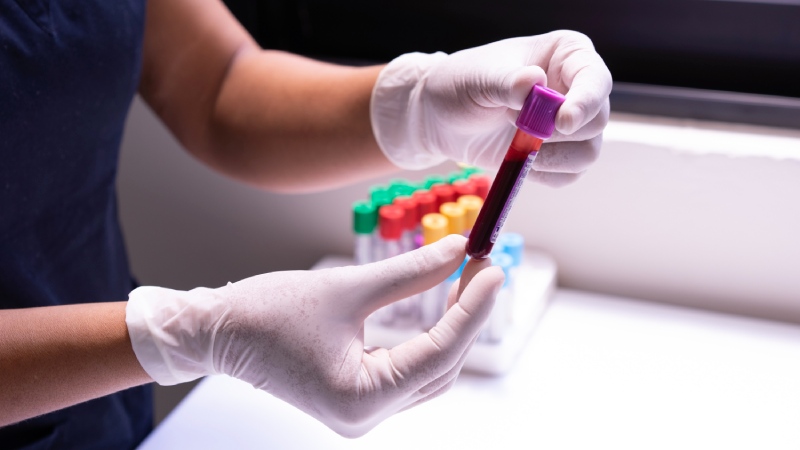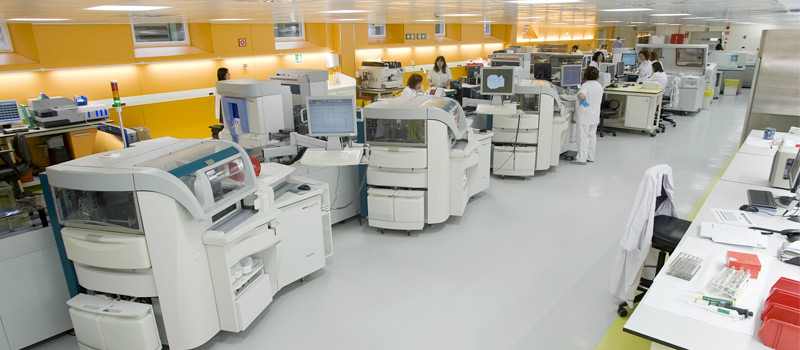-
27 December, 2021
Liquid biopsy shows its utility in the analysis of cancer

One of the big challenges in the treatment of cancer is its heterogeneity. Tumours can present different mutations and change with time, which means that not all treatments are effective or they generate resistance. That’s why it is important to carry out follow-ups that allow us to identify changes as they are produced. However, getting the precise samples to carry out this analysis via a tissue biopsy isn’t always easy. That’s why, in the last few years, a new method has been developed which allows to analyse tumoural DNA circulating in the blood in order to carry out this follow-up and analysis of cancer in an easy and simple way. This is known as liquid biopsy.
-
2 November, 2021
Dr. Antonio de Lacy’s team at Hospital Clínic is a global point of reference in transanal surgery

Surgical techniques are constantly evolving in order to improve the results while minimising the consequences caused by the intervention. One of the routes that is followed to achieve this last step is by reducing, where possible, the incisions employed in order to carry out the intervention. In this regard the approaches that take advantage of the natural orifices of the patient are being used more and more. Transanal total mesorectal excision or TaTME is one of these techniques, developed by the team lead by Dr. Antonio de Lacy, head of the Gastrointestinal Surgery Service at Hospital Clínic of Barcelona and oncology surgeon at barnaclínic+, it is currently considered one of the best treatment options for patients with colon and rectal cancer. Read more…
-
10 February, 2021
A new molecular test detects genetic abnormalities in tumours and improves customised cancer diagnosis and treatment

At the Grupo Hospital Clínic, we have a new option for diagnosis of advanced cancer. It is a new test using Next Generation Sequencing (NGS) technology which, by analysing the tumour’s DNA and RNA, detects multiple genetic abnormalities in 52 of your genes. This new cancer diagnostic test allows your treatment to be further customised. In addition, it improves current tests for the diagnosis of lung, colon and rectal cancer and melanoma.

Pedir cita
Calle Villarroel, 170
08036 Barcelona


